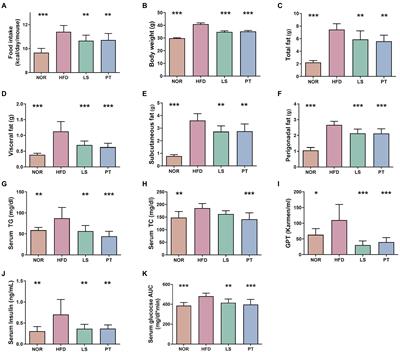EDITORIAL
Published on 30 Jan 2024
Editorial: The role of commensal microbiota in drug metabolism: friend or foe?
doi 10.3389/fmicb.2024.1364747
- 981 views
5,889
Total downloads
24k
Total views and downloads
EDITORIAL
Published on 30 Jan 2024
ORIGINAL RESEARCH
Published on 08 Jan 2024
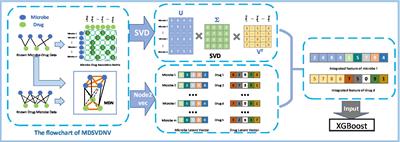
REVIEW
Published on 05 Dec 2023

REVIEW
Published on 30 Nov 2023
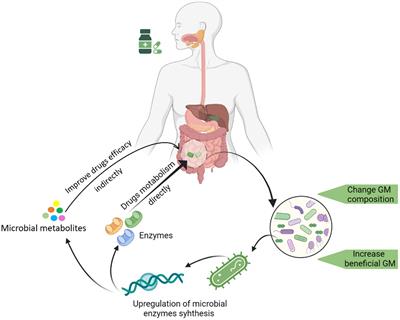
REVIEW
Published on 21 Aug 2023
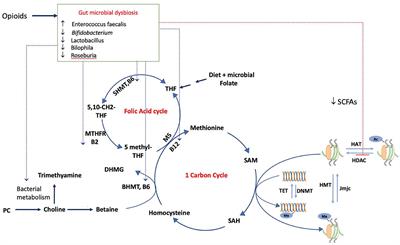
REVIEW
Published on 01 Mar 2023
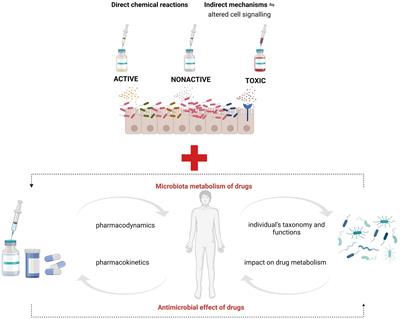
ORIGINAL RESEARCH
Published on 05 Jan 2023
